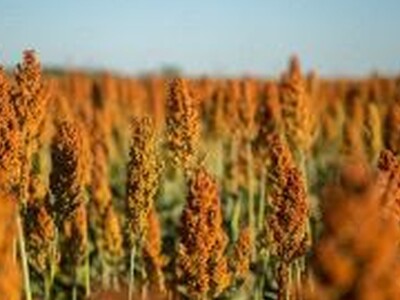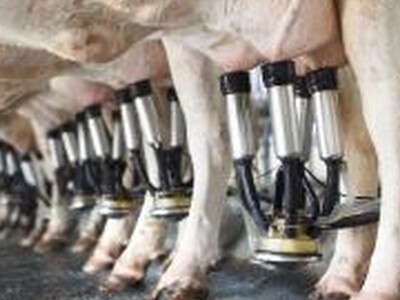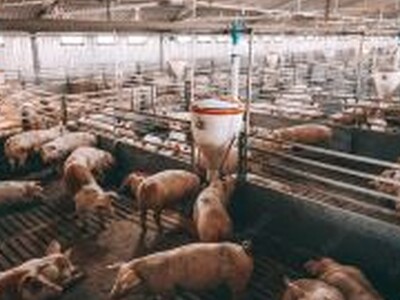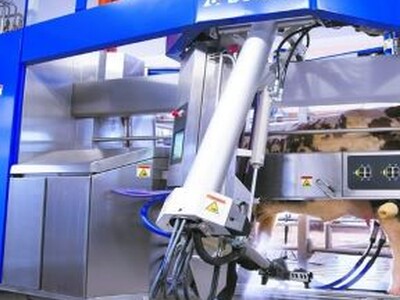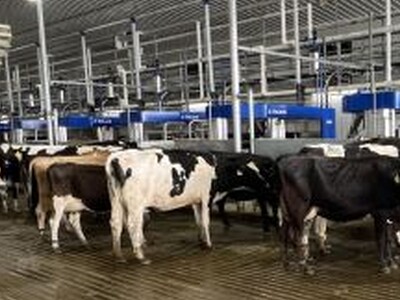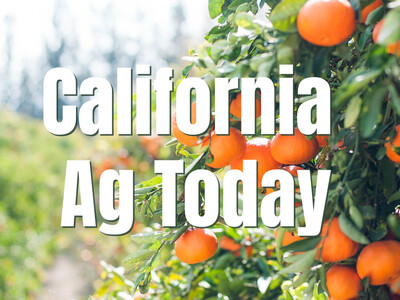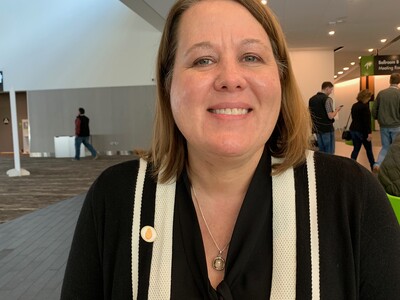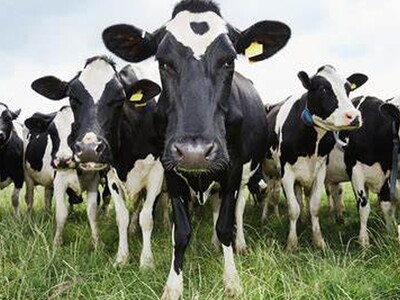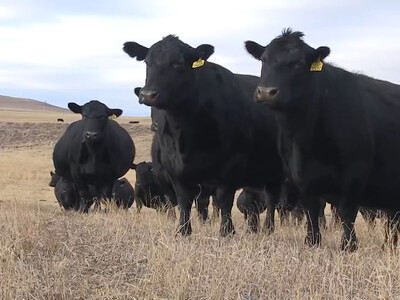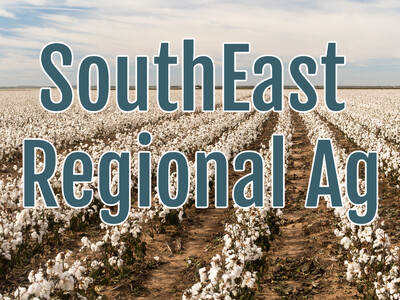False Organic Milk
The USDA's National Organic Program recently released the long-awaited proposed rule amending their "Origin of Livestock" regulations — five years after they named it a top priority. When the USDA organic standards went into effect in 2002, pertaining to dairy farms they stated that once a farmer converted a "distinct" herd of conventional cattle, from that point forward any animals brought onto their organic farm would have to be managed organically from the last third of gestation (meaning, prior to birth).
Some industrial-scale organic dairies have abused this provision by adding conventional cattle to their herds. The proposed rule would, theoretically, put an end to this abuse because it specifies that a producer can transition dairy animals into organic production once and, after this one-time transition, any new dairy animals added to the farm would need to be managed organically from the last third of gestation or sourced from dairy animals that already completed their transition into organic production.
The proposal by the USDA tightens the rule by, theoretically, banning the heifer ranches that are raising conventional cows and selling them, by the thousands. Instead, all cattle, as was the intent of the original regulations, are required to be managed on organic feed, and without banned drugs, from the last third of gestation. Farmers would be allowed, as they are now, to convert an existing herd of milk cows and their young offspring to organic status by providing them qualified organic feed, and shunning any of the prohibited pharmaceuticals, for one year before they officially sell their milk as certified organic.
The problem comes in what the USDA proposal defines as a dairy farm. "I wish I was making this up," Kastel said. "To qualify as a dairy farm, all you have to do is milk one cow. One. You never have to ship any milk. You don't really need to be a commercial dairy farm."
Organic industry observers are concerned that agribusiness players will continue to game the system by creating, on a continual basis, new dairy "farms," milking one organic cow each but having thousands of young conventional heifers, and then selling the entire herd of newly converted heifers to factory farm customers. They could then start the process again, annually, under new ownership "on paper," qualifying them to convert subsequent herds on a “one-time basis.”
"If you are a non-organic dairy farmer with a herd of cows that you have bred for many generations to improve your production, herd health and genetics, you should be given an opportunity to transition the whole herd to organic production [on a one-time basis]," said respected organic dairy industry expert Ed Maltby, executive director of the Northeast Organic Dairy Producers Alliance. "If you are a start-up organic dairy operation, or expanding, there is no reason why you should not purchase organically certified animals."




